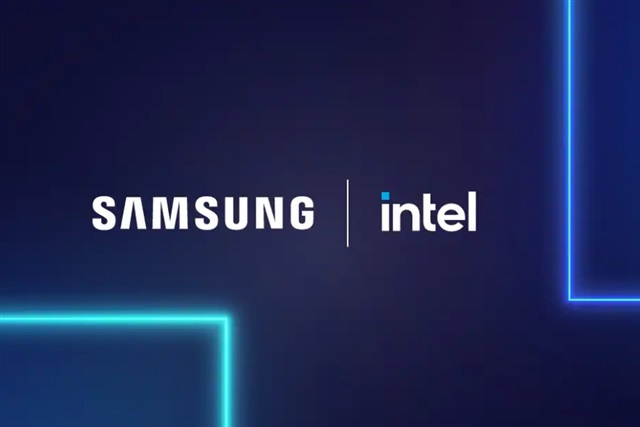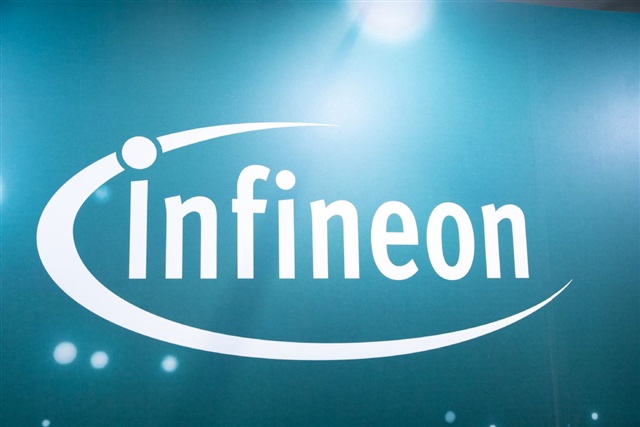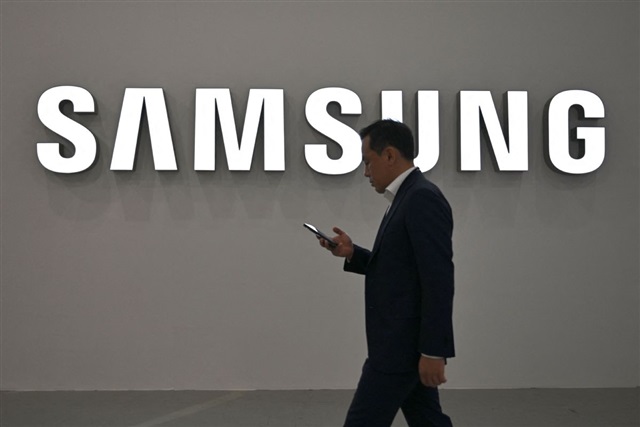Global sales in Q3 2023 6.3% higher than Q2 2023 and 4.5% lower than Q3 2022
WASHINGTON—Nov. 1, 2023—The Semiconductor Industry Association (SIA) today announced global semiconductor sales for the month of September 2023 increased 1.9% compared to August 2023 and fell 4.5% compared to September 2022. Worldwide sales of semiconductors totaled $134.7 billion during the third quarter of 2023, an increase of 6.3% compared to the second quarter of 2023 and down 4.5% compared to the third quarter of 2022. Monthly sales are compiled by the World Semiconductor Trade Statistics (WSTS) organization and represent a three-month moving average. SIA represents 99% of the U.S. semiconductor industry by revenue and nearly two-thirds of non-U.S. chip firms.
“Global semiconductor sales increased on a month-to-month basis for the seventh consecutive time in September, reinforcing the positive momentum the chip market has experienced during the middle part of this year,” said John Neuffer, SIA president and CEO. “The long-term outlook for semiconductor demand remains strong, with chips enabling countless products the world depends on and giving rise to new, transformative technologies of the future.”
Regionally, month-to-month sales increased in Asia Pacific/All Other (3.4%), Europe (3.0%), the Americas (2.4%), and China (0.5%), but decreased slightly in Japan (-0.2%). Year-to-year sales increased in Europe (6.7%), but decreased in the Americas (-2.0%), Japan (-3.6%), Asia Pacific/All Other (-5.6%) and China (-9.4%).
Stay up to date with the latest in industry offers by subscribing us. Our newsletter is your key to receiving expert tips.

Samsung is reportedly evaluating a potential European semiconductor expansion alongside its South Korea and US manufacturing base, as the region tightens local production requirements and Germany seek

Given frequent price increases across precious metals, wafer foundry services, and packaging and testing, Infineon's announcement of price increases is very telling for the market. The company wil

Nvidia has recently signaled to Samsung Electronics that it hopes to secure early deliveries of sixth-generation high-bandwidth memory, known as HBM4. At the same time, as memory makers devote an incr